Retailers must use automated testing to their advantage
For retailers in 2020, it really is a year of two halves. The first six months brought lockdown, a shutdown of non-essential retail, and a chance to...
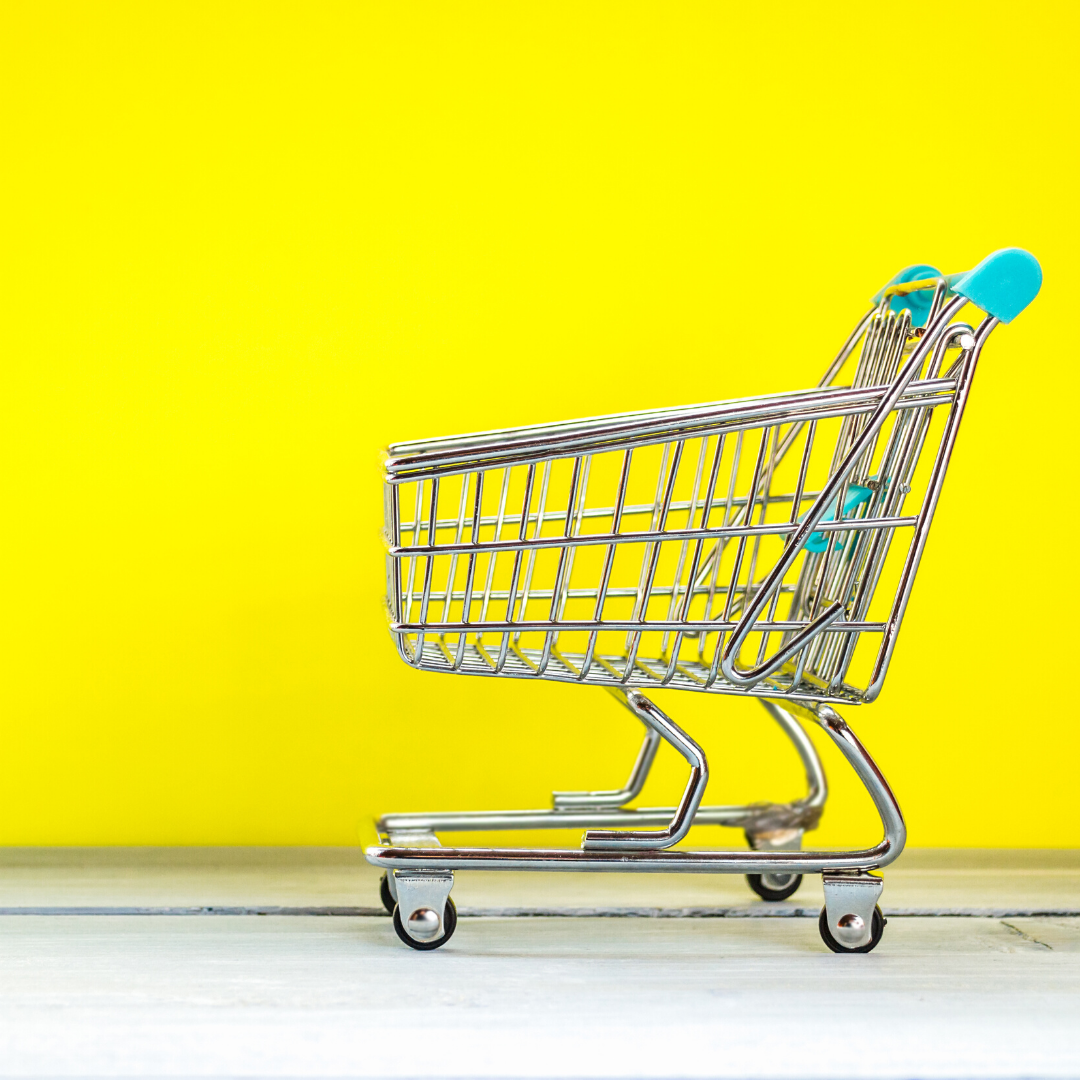
The retail sector has faced ongoing disruption in recent years with the rise of ecommerce, click-and-collect, next-day and even same-day deliveries. But the transformation that has taken place in recent weeks eclipses anything seen during the preceding decade or more. As experienced retail testing experts, Spike95 have been closely following the challenges in the retail industry and here are some of our latest thoughts on the subject.
A survey from Retail Economics found that 24% of British retailers said supply chain disruption was having a significant impact on their business due to the coronavirus.
From suppliers and merchandising, to distribution and logistics - all have been put under pressure to maintain a high level of consistency across the whole retail supply chain spectrum. According to Channel Advisor, over the course of March consumers shifted from non-discretionary items of necessity like hand sanitiser and toilet paper, bringing forward discretionary purchases like home office equipment and also spending more on home comforts like slippers or entertainment subscriptions. As a result, retailers have had to rapidly change both their model of how they sell and what they sell and must continue to change as the crisis continues and new buying patterns develop.
Every aspect of retail - from international supply chains and regional deliveries, to online order queues and in-store checkout protocols - has seen redesign literally overnight to keep essential items moving safely to where they are needed while minimising human contact.
It is this last point that poses a significant challenge to retailers, who must continue to provide the sense of a personal service while maintaining a physical distance from customers and prioritising their employees’ health and well-being. Aside from the experiential paradox this creates for shoppers, there is also a very practical problem when it comes to safely restocking shelves too - leading many consumers to choose delivery options than risk taking a trip to the store.
But the retail sector's response to the Covid-19 pandemic has proved several important things:
While the coronavirus pandemic is a uniquely persuasive event in terms of altering behavioural norms, it serves as a sign of future flexibility and further changes that may be made to the accepted ways of shopping.
Ways in which retailers are able to be flexible and combat these supply chain challenges include:
While Covid-19 will likely continue for several months at least, there is an appetite for daily activity and lifestyles to return to something closer to normality, and retailers will need to strike the right balance between trading conditions during social distancing and those from the time before.
Supply chains should return to relative normality - although if subsequent peaks of infection break out in different countries at different times, there may be future disruption to international shipments.
This is a good time to check that your core supply chains are as robust as possible, with alternatives ready to go at short notice if required. It's also a time to start thinking about how you can cater to your consumers using customer-focused testing to track user behaviour, usage and identify errors in apps or software, whilst finding ways of improving user experience as social distancing rules begin to ease in the months ahead.
It is not yet clear how long shoppers will need to keep two metres apart, and many non-essential retailers have not yet had to operate under those restrictions, which should be applied in all parts of your premises and not just in queues.
Spike95 have a track record of success working with varied major retailers across the fashion, automotive, insurance, food and consumer goods sectors and with logistics companies. We understand the hardships many retailers are enduring in these difficult circumstances and we want to make sure that you can give your customers and staff the best possible experience and help you return to the healthiest levels of trade possible.
If you need advice and support on how to ensure your entire retail system remains reliable, efficient and secure, then join us for a chat by booking a slot here, or if we’re already connected you can of course just drop us a line or give us a call. Or you can leave us your details below and we'll be in touch as soon as we can![vlt_social_share title="Like this post? Please share!"]
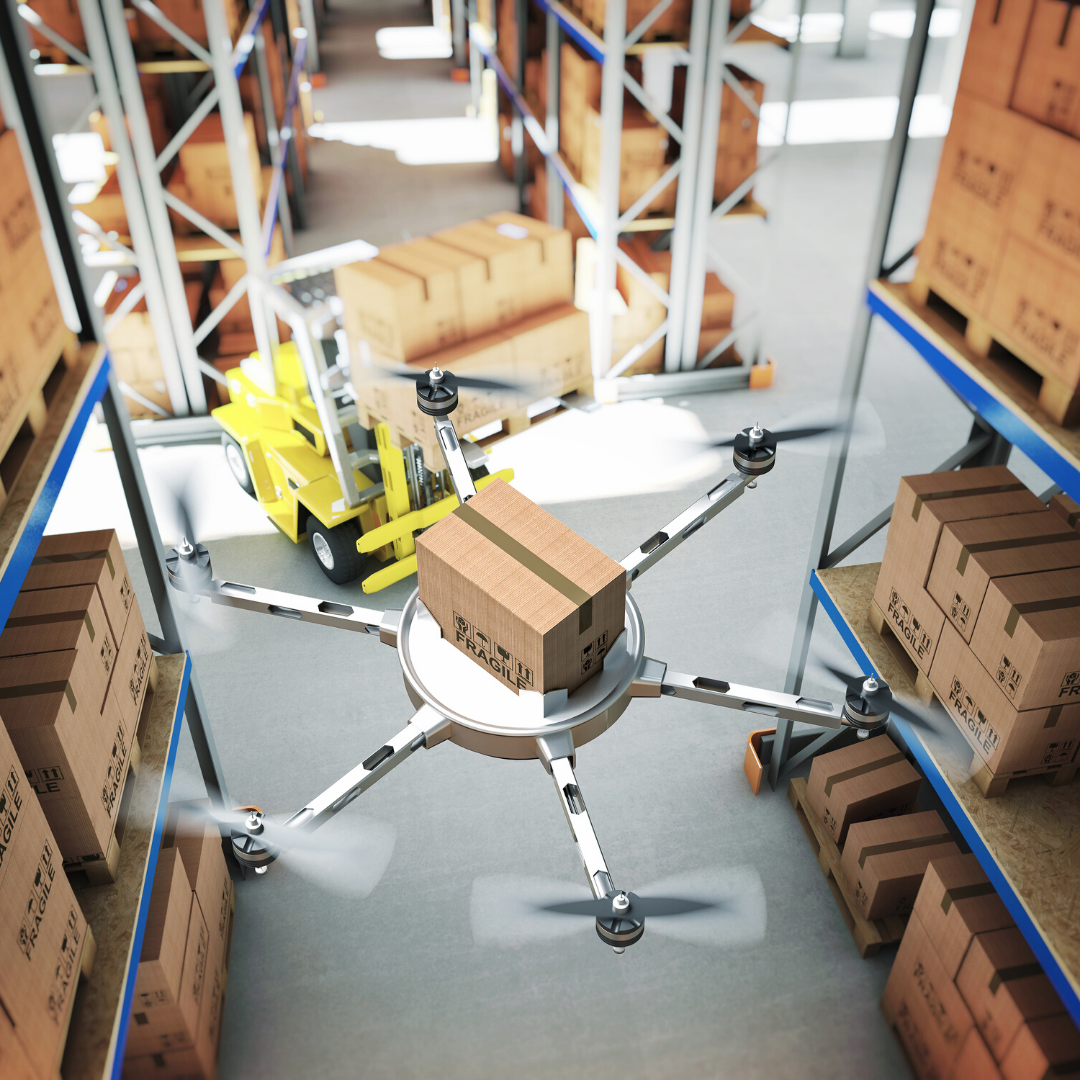
For retailers in 2020, it really is a year of two halves. The first six months brought lockdown, a shutdown of non-essential retail, and a chance to...
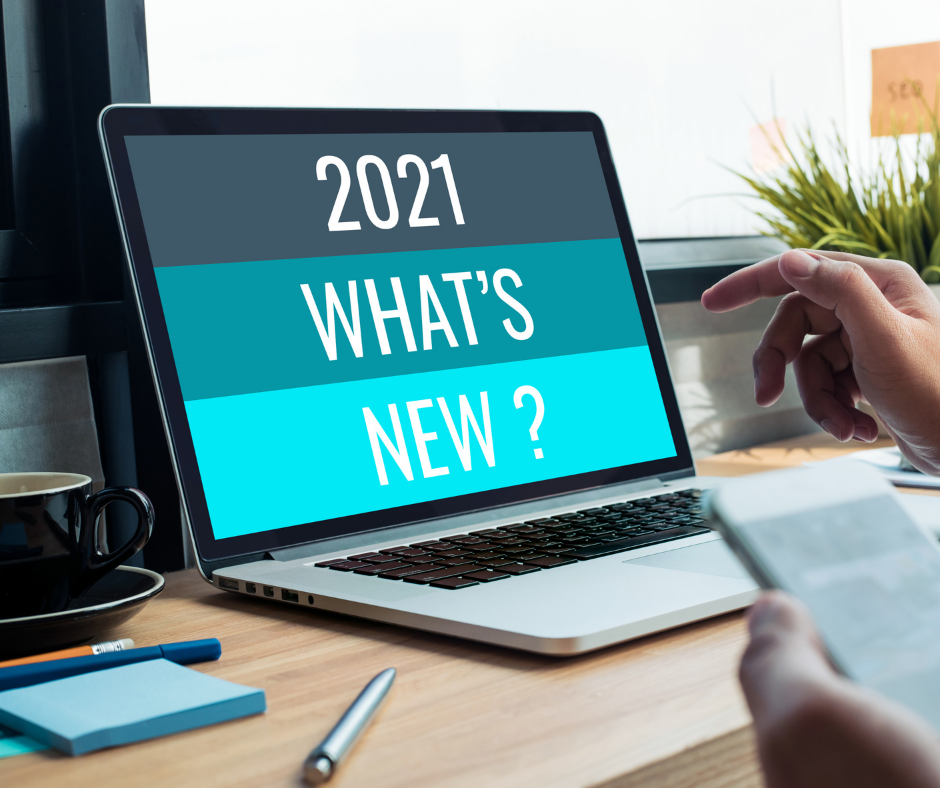
The past 12 months brought unprecedented and unpredicted disruption to the retail sector, with COVID-19 barely on the long-distance radar as the...
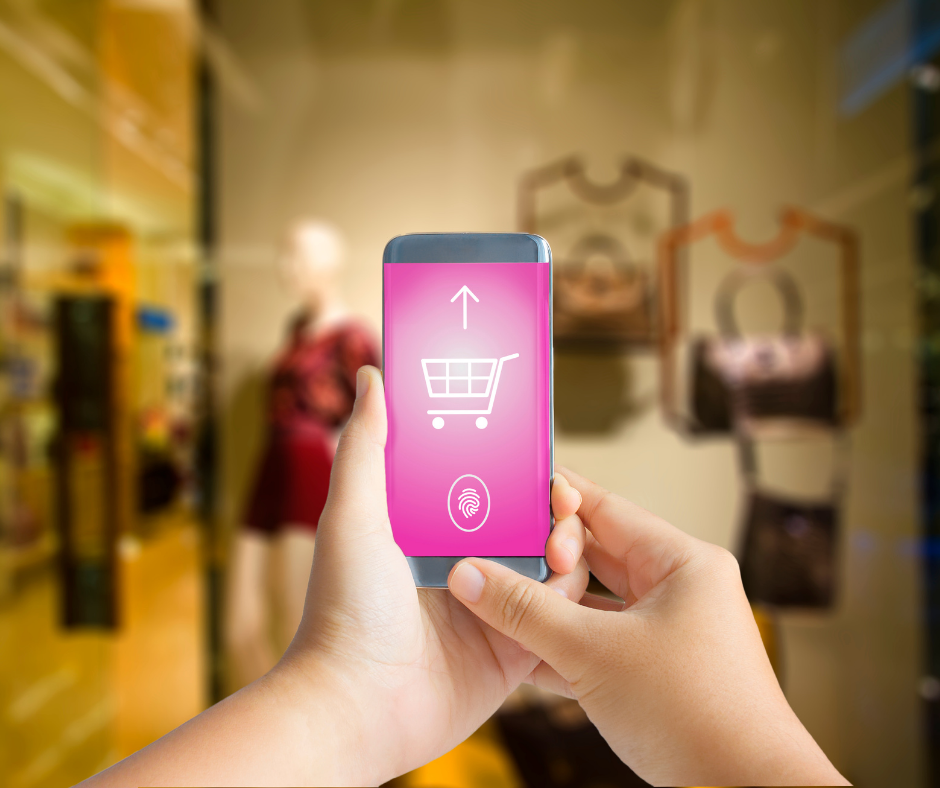
Early fashion ecommerce faced one major problem - customers were used to shopping in-store, being able to touch clothes, see exactly how they looked,...
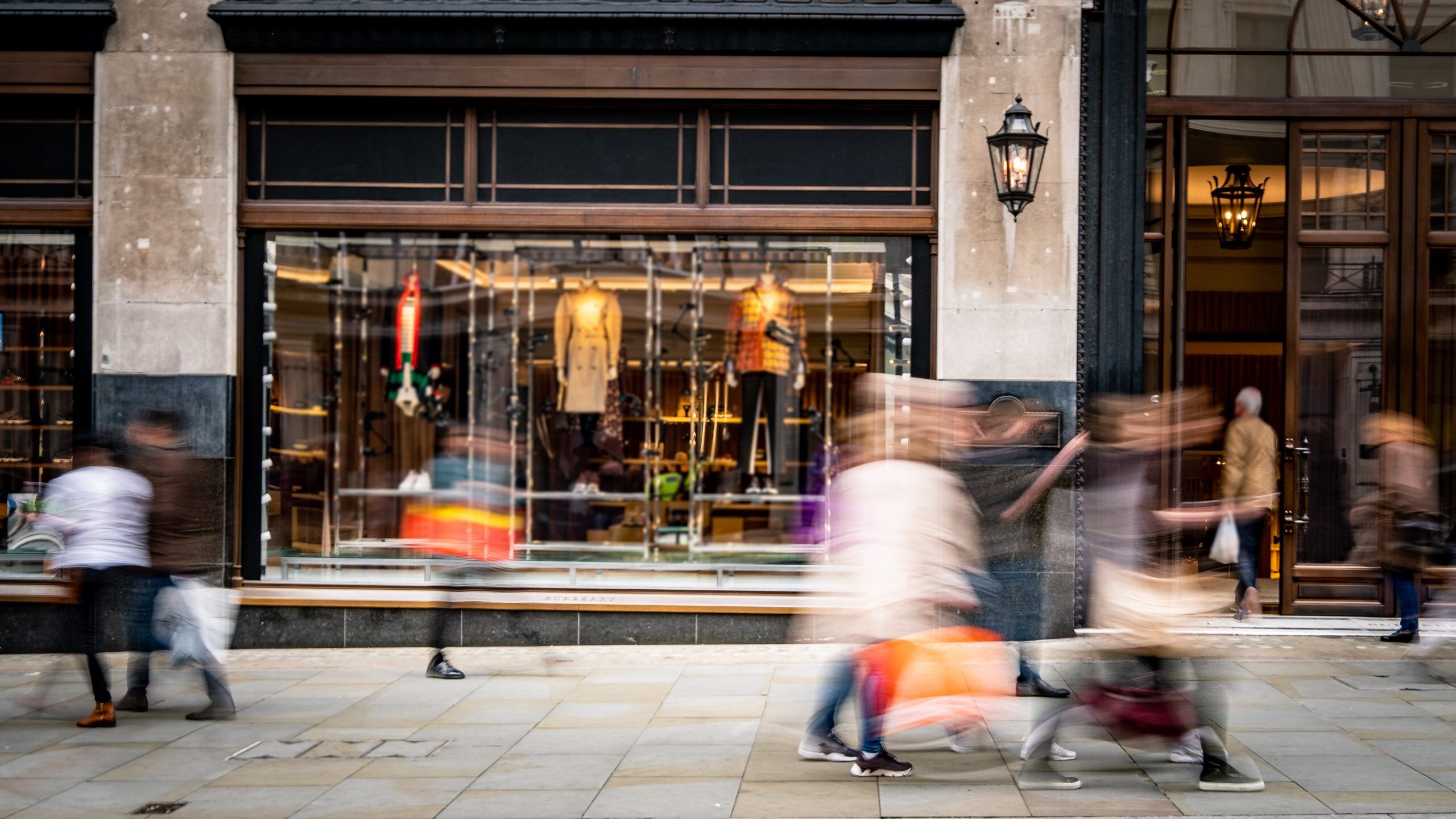
Who’d have thought when walking on the street someone wearing a mask and people keeping their distance from you would be the norm? There are a lot of...
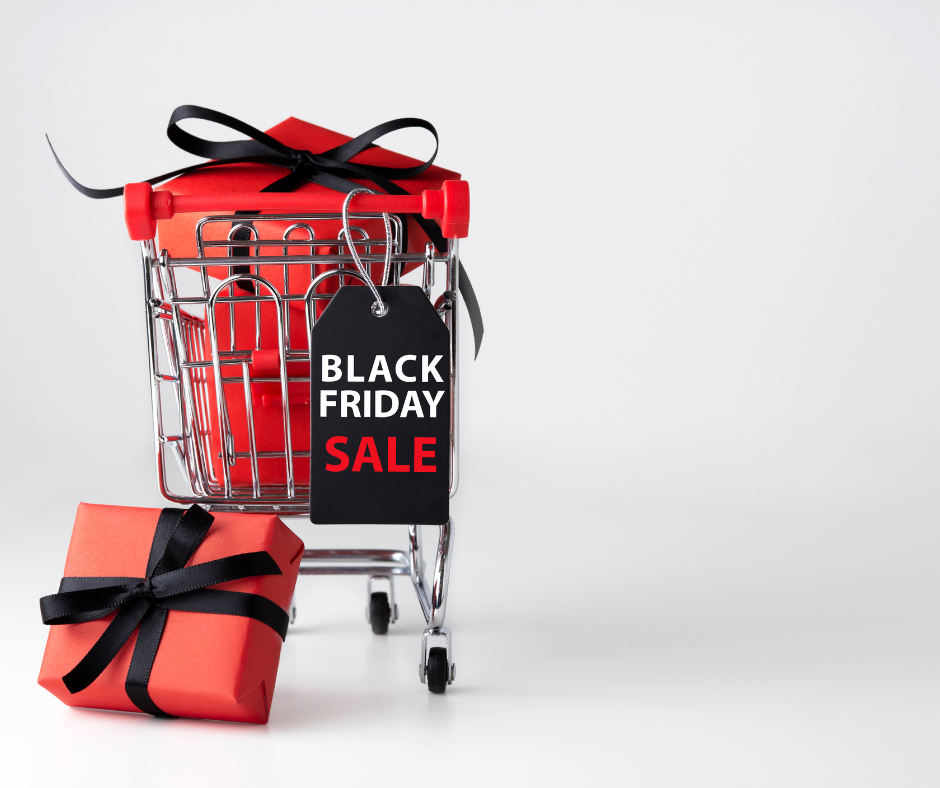
Black Friday is “dead”. The virus has “killed” retail. How many times have these phrases circulated the news and internet in earlier coverage of the...